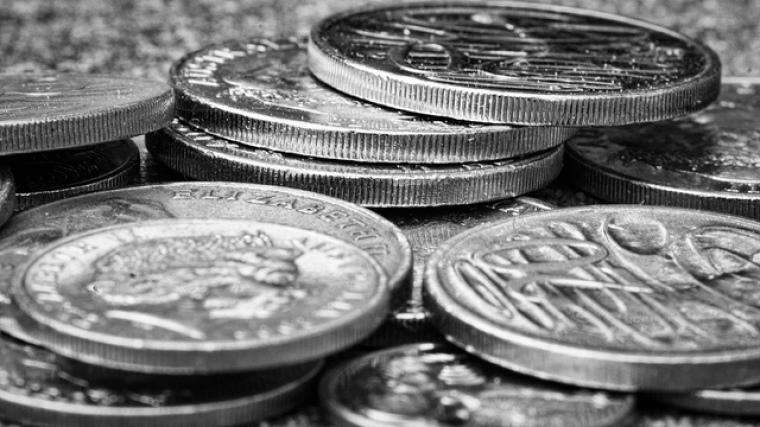

The financial headlines changed within a 12-hour period on the final day of 2014. At 11:57am Australian Eastern Standard Time (AEST), ABC News announced a "record low "for the Australian dollar, while at 9pm AEST, a little over nine hours later, Victoria's Herald Sun described a "defiant" national currency. However, it appears that the assessment of the closely scrutinised Australian dollar depends on the currency it is being compared to.
The ABC's finance reporters, Elysse Morgan and Michael Janda, analysed the performance of the dollar against the dollar of trans-Tasman partner New Zealand, as the former had fallen to a historic low in relation to the latter. Australia's dollar was worth 104.22 New Zealand cents during the period between Tuesday and Wednesday, whereas the record low before that was 104.32 NZ cents, which occurred in December 2005.
The ABC further explained that the declining status of Australia's dollar occurred amid falling commodity prices, while the strength of the NZ dollar is attributable to the smaller nation's rapidly expanding economy.
In September, the Sydney Morning Herald reported on the benefits of a falling dollar that were welcomed by those in exporting industries such as farming and retail. On that occasion, the Australian Chamber of Commerce and Industry said that the performances of exporters and import-competing businesses, which "did it really tough earlier in the year during a sustained period when the dollar was high", will improve. However, the Chamber warned of additional costs for businesses confined to the domestic market.
Meanwhile, on Wednesday evening, the Herald Sun's Paul Gilder wrote of a "revival" for the Australian dollar after "an exhilarating ride in the past 12 months". Mr Gilder's analysis was in relation to the U.S. dollar—the Australian dollar was above US82c on Wednesday, and then strengthened after nightfall to reach US81.86c.
While Mr Gilder also outlined the benefits of a lower Australian dollar in U.S. terms, due to the benefits to sectors such as tourism, his primary concern was the Reserve Bank of Australia (RBA)'s future interest-rate decisions in light of the dollar's behaviour—the RBA is around one month away from its next monetary policy meeting. Mr Gilder spoke with JP Morgan economist Ben Jarman, who concluded:
"A slightly firmer tone in the Aussie seems to reflect a better run for iron ore prices in the past week. The big theme for the RBA will be whether this is the start of a new story."